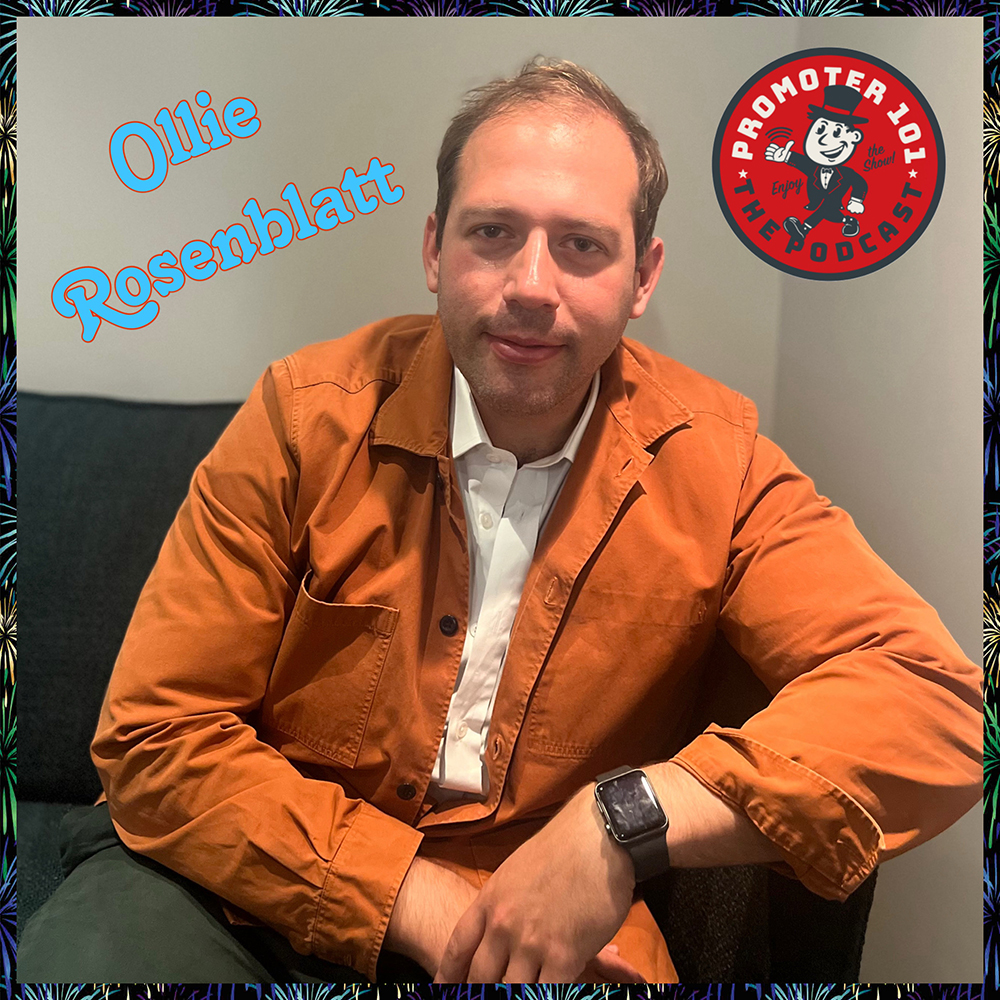
WASHINGTON, DC (VIP NEWS) — The International Music Managers Forum (IMMF) has written an open letter on record label and music publisher deals in the digital market, following the leaked contract between Sony Music and Spotify.
The 42-page contract, a copy of which was obtained by The Verge, was signed in January 2011, a few months before the streaming service launched in the US.
It includes stipulations for Spotify to pay a $25 million advance for the two years of the contract: $9 million the first year and $16 million the second, with a $17.5 million advance for an optional third year to Sony Music.
“We have long been calling for greater transparency concerning the accounting of royalties to artists from both record labels and music publishers,” states the letter, signed by IMMF copyright committee chair Kari Karjalainen, vice-chair Volker May and executive director Olivier Toth, on behalf of the organization.
“Instead of mystery deals hidden from the artists whose copyrighted creations the deals exploit there should be an obligation for transparency. Digital promises greater transparency than the old physical markets. The artists sign deals with labels and publishers. We don’t just want artists to be paid fairly, we also want them to get the relevant usage data. It is impossible to prove fair remuneration is occurring without transparency.”
Other revelations contained in the contract include how Sony uses a Most Favored Nation clause to keep its annual advances from falling behind those of other music labels, and the formula that determines how much labels are paid per stream.
“Significant problems in music arise from a number of ‘standard practices’ clung to by record labels, music publishers, and found in Collective Management Organization rules and regulations,” adds the letter. “These practices developed incrementally over a long period of time as a series of responses to a series of changes in how music was sold before the digital market arrived. Many of those practices relate to redundant formats and business models, and are simply out of date.
“However, the relative weakness of artists in terms of negotiating with other industry stakeholders makes it extremely difficult for artists and their representatives to lead modernization in the music industry. We see the opportunity of digital and we want to grasp it.”
























































